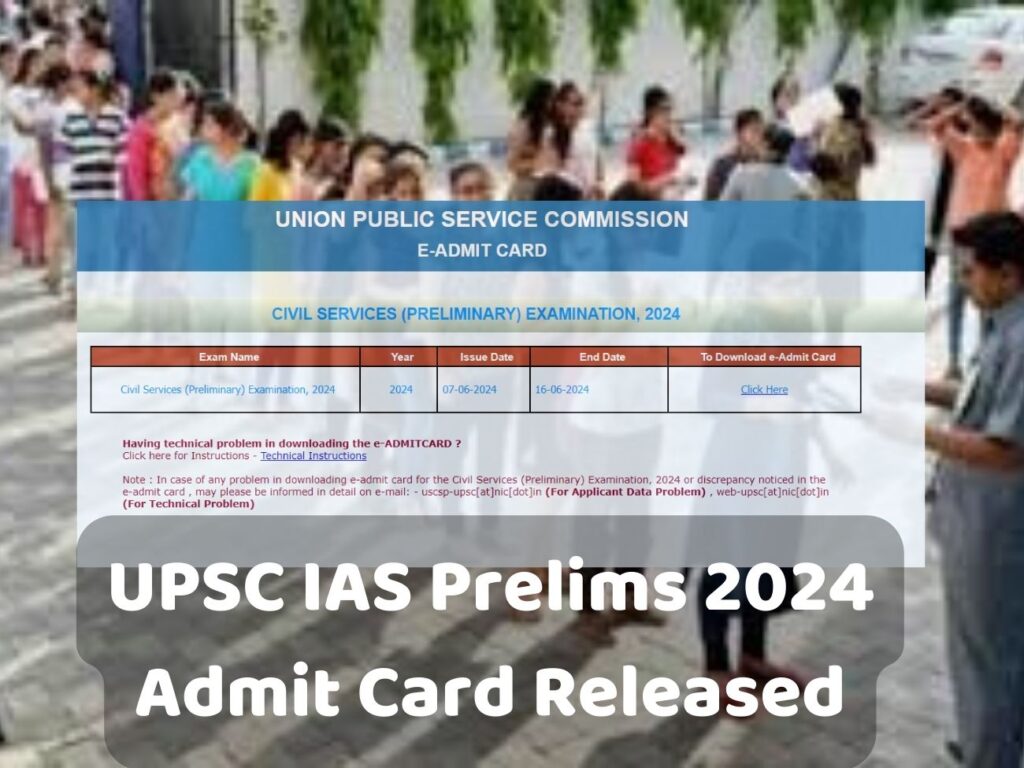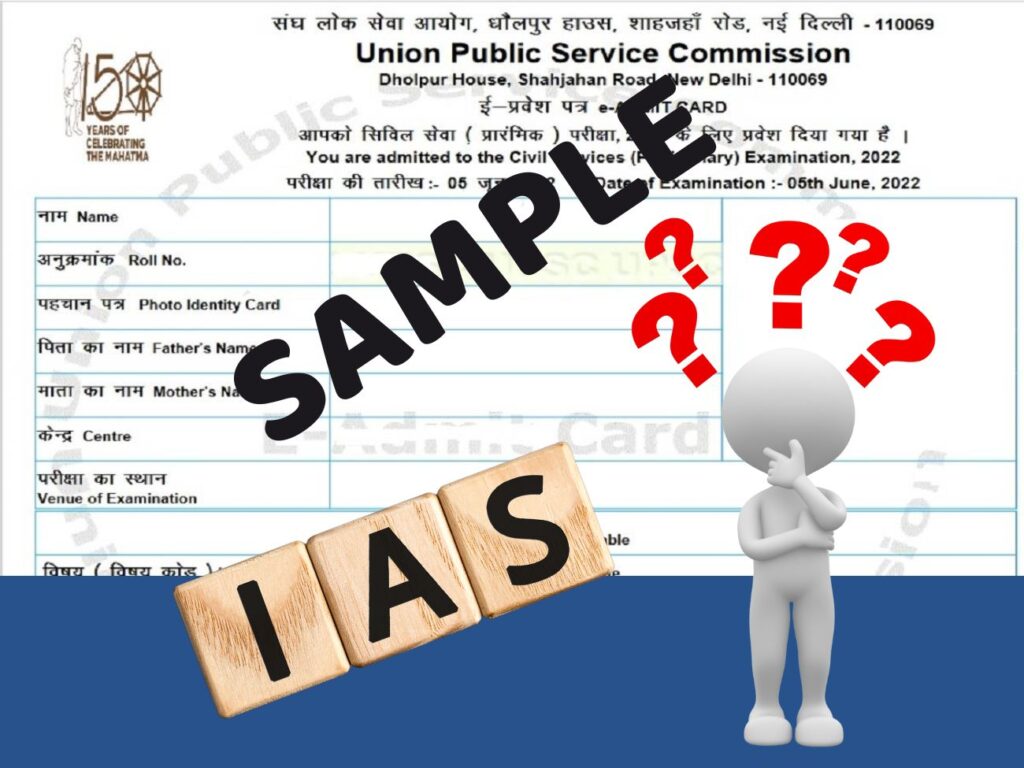PM addresses Lok Sabha in New Parliament Building :At the first proceeding, the PM introduces Narishakti Vandan Adhiniyam
“At the dawn of the Amrit Kaal, India is moving forward with a resolve for the future by heading into the new Parliament building”
“It is the time to accomplish the resolves and begin the new journey with renewed enthusiasm and energy”
“Sengol links us with a very important part of our past”
“The grandeur of the new Parliament building glorifies modern India. The sweat of our engineers and workers is invested in this”
“Narishakti Vandan Adhiniyam will further strengthen our democracy”
“Bhawan (building) has changed, Bhav (feelings) should also change”
“All of us should follow the Lakshaman Rekha of parliamentary traditions”
“The Union Cabinet had decided to give a go-ahead to the Reservation of Women in Parliament Bill. This historic day of 19th September 2023 is going to be immortal in the history of India”
“Taking forward the resolution of women-led development, our government is today presenting a major Constitutional Amendment Bill. The purpose of this Bill is to expand the participation of women in Lok Sabha and Vidhan Sabhas”
“I assure all the mothers, sisters and daughters of the nation that we are committed to making this bill into law”

Women’s Reservation Bill 2023: Empowering Nari Shakti
The Law Minister, Arjun Ram Meghwal, presented the Women’s Reservation Bill in the Lok Sabha on Tuesday. This move is aimed at giving prominence to “nari shakti” (women power). The bill’s main objective is to set aside one-third of the seats in the Lok Sabha, as well as in the legislative assemblies of Delhi and other states in India, specifically for female candidates. This information is available in the document uploaded on the Sansad website.
Empowering Women: The Need for the Women’s Reservation Bill in India
Introduction: India, a land of diverse cultures and traditions, has made significant progress in various fields over the years. However, one area that demands immediate attention and reform is women’s representation in politics. The Women’s Reservation Bill, a crucial legislative proposal, aims to address this gender disparity by reserving seats for women in the Parliament and State Assemblies. In this article, we will delve into the key aspects of the Women’s Reservation Bill and why it is essential for India’s socio-political landscape.
Background: India’s political landscape has historically been dominated by men. Despite women comprising nearly 50% of the population, their representation in legislative bodies remains disproportionately low. Recognizing this imbalance, the Women’s Reservation Bill was first introduced in the Rajya Sabha (Upper House of Parliament) in 1996.
Key Provisions of the Bill:
- 33% Reservation: The primary provision of the Women’s Reservation Bill is to reserve one-third (33%) of all seats in the Lok Sabha (House of the People) and State Legislative Assemblies for women.
- Rotation of Reserved Seats: To ensure that women from different backgrounds have equal opportunities, the bill proposes a rotation system. In each election, one-third of the seats in rotation shall be reserved for women.
- Reservation Duration: The reservation of seats for women is proposed for 15 years initially, after which it will be reviewed.
Importance of the Women’s Reservation Bill:
- Promoting Gender Equality: The bill is a significant step towards achieving gender parity in politics, which is essential for a truly inclusive democracy.
- Empowering Women: Increased women’s representation in politics can lead to policies and decisions that better address women’s issues, such as healthcare, education, and gender-based violence.
- Diverse Perspectives: Women bring diverse perspectives to the table, enriching the decision-making process with their unique experiences and insights.
- Role Models: Increased representation of women in politics can inspire the younger generation of women to pursue careers in politics and leadership.
Challenges and Controversies:
The Women’s Reservation Bill has faced opposition and controversies over the years. Some argue that it could lead to tokenism, while others believe that it might disempower other marginalized groups. Robust debate and careful consideration of these concerns are essential in shaping the final legislation.

Women’s Reservation Bill 2023: Empowering Nari Shakti
Conclusion:
The Women’s Reservation Bill is a critical step towards ensuring that women have an equal say in shaping the future of India. While it has faced challenges and controversies, its potential to empower women, promote gender equality, and diversify political perspectives cannot be ignored. As we move forward, it is crucial to continue the dialogue and work towards a consensus that paves the way for a more inclusive and representative democracy.
In conclusion, the Women’s Reservation Bill is not just a legislative proposal; it is a symbol of India’s commitment to gender equality and a more equitable future. It is a call to action for lawmakers, activists, and citizens to come together and support this historic initiative.
महिला आरक्षण बिल 2023: भारत में महिलाओं के लिए एक बड़ा कदम
परिचय
भारत, एक महान देश, अब एक महत्वपूर्ण कदम उठाया है। हम आपको “महिला आरक्षण बिल 2023” के बारे में बताएंगे, जो महिलाओं को सरकार में उनके प्रतिष्ठान की आरक्षण करने का अधिकार देता है।

Women’s Reservation Bill 2023: Empowering Nari Shakti
1. महिला आरक्षण बिल: आपकी जरूरत क्या है?
महिला आरक्षण बिल 2023 का मतलब है कि सरकार संसद की कुछ सीटों को महिलाओं के लिए आरक्षित करेगी। यह इसका मतलब है कि अब महिलाएं भी सरकार में अपनी जगह बना सकेंगी।
2. इसके फायदे क्या हैं?
- न्याय: इस बिल से समाज में न्याय होगा, क्योंकि अब महिलाएं भी सरकार में अपने प्रतिष्ठान की आरक्षण कर सकेंगी।
- समाज में सामाजिक सांघट: इसके माध्यम से, महिलाएं समाज में अधिक समाजिक सांघट प्राप्त करेंगी और समाज के विकास में योगदान करेंगी।
- महिलाओं का सशक्तिकरण: यह बिल महिलाओं को स्वावलंबी बनाता है और उनकी आत्मविश्वास को बढ़ावा देता है, जिससे वे अपने लक्ष्यों को प्राप्त कर सकें।
3. समापन
महिला आरक्षण बिल 2023 भारत में महिलाओं के लिए एक नया दरवाजा खोलता है, जो उन्हें समाज में अपनी जगह बनाने और अपने अधिकारों का उपयोग करने का मौका देता है। यह एक महत्वपूर्ण कदम है और भारतीय समाज को समानता और न्याय की दिशा में अग्रसर कर सकता है।
मेरे YouTube channel के trending videos देखिए
Five movies that you should watch if you are an IAS/IPS/IFS aspirant















